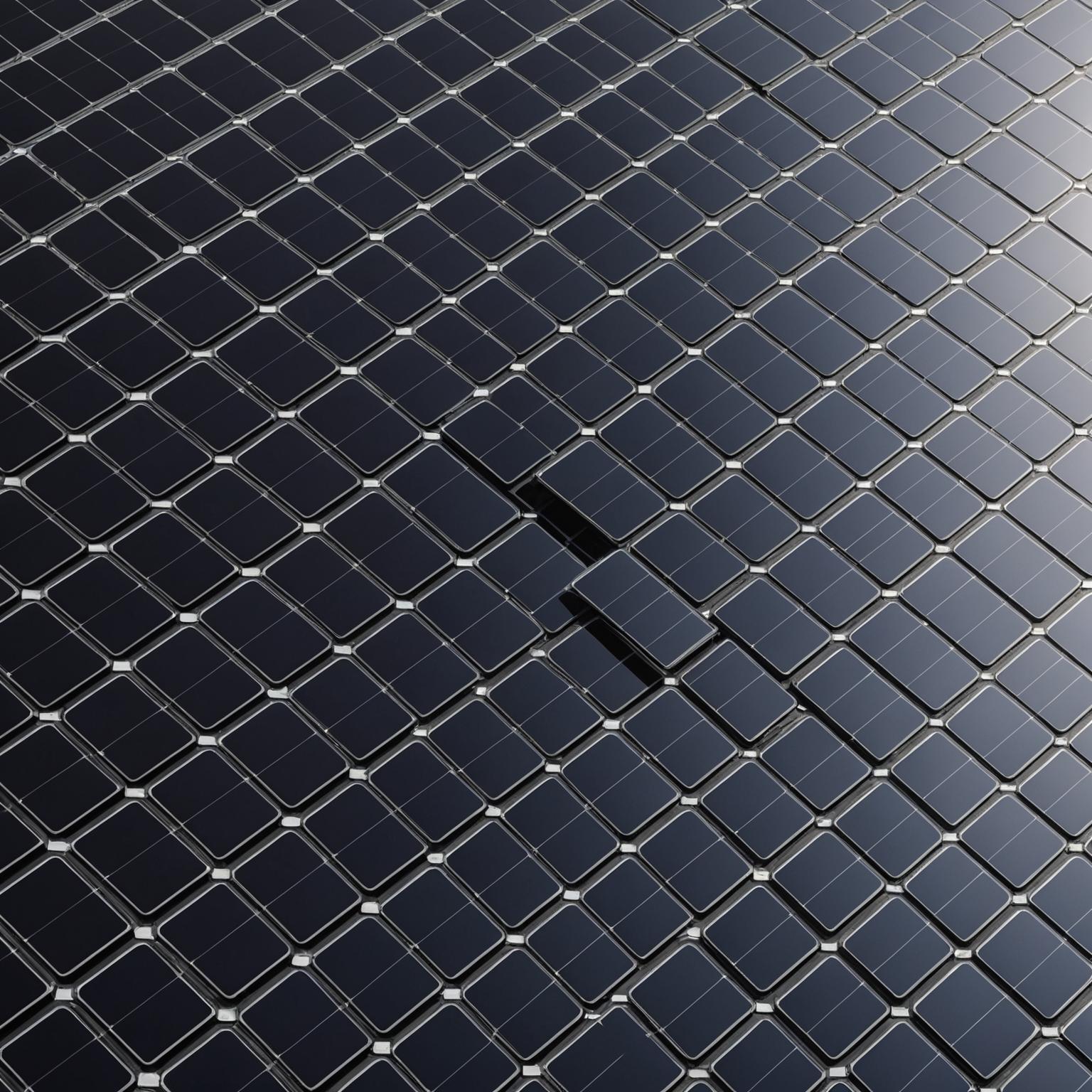The world of medical science is in a constant state of evolution, seeking materials that not only repair the human body but do so in harmony with its natural systems. In this relentless pursuit of innovation, the Medical PEEK polymer has emerged as a revolutionary force, particularly in the field of implantable devices. Polyetheretherketone, or PEEK, is a high-performance thermoplastic that offers a unique combination of strength, biocompatibility, and versatility, setting a new standard for what is possible in patient care. It represents a significant leap forward from traditional materials like titanium and stainless steel, offering solutions to long-standing challenges and paving the way for more effective and less invasive medical procedures.
Understanding the Unique PEEK Polymer Properties
At the core of this material's success are the remarkable PEEK polymer properties that make it uniquely suited for the internal environment of the human body. One of its most celebrated characteristics is its modulus of elasticity, which is strikingly similar to that of cortical bone. This mechanical sympathy is crucial. When traditional, highly rigid metal implants are used, they can cause a phenomenon known as stress shielding, where the implant carries too much of the physiological load, leading the adjacent bone to weaken over time. PEEK’s bone-like flexibility allows for a more natural distribution of stress, which promotes healthier bone integration and long-term stability. Furthermore, its excellent strength-to-weight ratio means implants can be robust and durable without being heavy or cumbersome. The material also exhibits exceptional resistance to chemical and thermal degradation, ensuring it remains stable and inert even when exposed to bodily fluids and sterilization processes for extended periods.
The Gold Standard of Biocompatibility
Beyond its mechanical advantages, PEEK is celebrated for its exceptional biological safety. As a leading biocompatible PEEK material, it does not provoke an adverse immune response or release harmful substances into the body. This inert nature is fundamental for any long-term implant. Patients can have peace of mind knowing the material coexists peacefully within them, minimizing the risk of inflammation, rejection, or other complications. A key feature that enhances its utility is radiolucency. Unlike metal implants that create significant artifacts on X-rays, CT scans, and MRIs, PEEK is transparent to these imaging techniques. This provides doctors with a clear, unobstructed view of the surgical site post-operation, allowing for more accurate monitoring of healing and fusion without interference from the implant itself. This clarity is invaluable for assessing patient recovery and making informed clinical decisions.
The Versatility of Medical-Grade PEEK Applications
The superior qualities of PEEK have unlocked a vast range of medical-grade PEEK applications, transforming procedures across multiple specialties. In spinal surgery, PEEK is the material of choice for interbody fusion cages. These devices are placed between vertebrae to provide support and create an environment that encourages bone to grow and fuse the segment, alleviating pain and instability. In orthopedics and trauma, it is used to create fracture plates, screws, and nails that are strong enough to stabilize broken bones while flexible enough to prevent stress shielding. Its use extends to cranial and maxillofacial reconstruction, where custom implants can be manufactured to repair defects in the skull with a lightweight, durable, and aesthetically pleasing solution. Even in dentistry, PEEK is gaining traction for creating metal-free denture frameworks, bridges, and implant abutments that are both comfortable and resilient.
The Evolution of PEEK Implant Materials
The innovation surrounding PEEK implant materials continues to accelerate, pushing the boundaries of medical technology. The base polymer is now often enhanced to create even more advanced composites. For instance, carbon-fiber-reinforced PEEK (CFR-PEEK) offers augmented strength and stiffness for applications that require greater load-bearing capacity, while still retaining the material’s core benefits. Another exciting frontier is the development of bioactive PEEK, where substances like hydroxyapatite are integrated into the polymer to actively encourage bone growth and enhance osseointegration. Perhaps the most transformative advancement is the application of additive manufacturing, or 3D printing, with PEEK. This technology allows for the creation of intricate, patient-specific implants tailored to an individual’s unique anatomy, leading to better surgical fits, reduced operating times, and improved patient outcomes. This level of customization marks a significant shift towards truly personalized medicine.
Why Biocompatible PEEK is a Game-Changer
In summary, the rise of the Medical PEEK polymer marks a pivotal moment in modern medicine. Its unique fusion of bone-like mechanics, unwavering stability, and pristine imaging qualities makes it an unparalleled choice for implantable devices. The success of this biocompatible PEEK material is not just in its physical attributes but in its profound impact on patient well-being, enabling safer surgeries, clearer diagnostics, and more durable, long-term results. As research continues and new formulations and manufacturing techniques emerge, PEEK is set to play an even more integral role in restoring function and improving the quality of life for patients around the globe, cementing its legacy as a true cornerstone of biomedical innovation.






